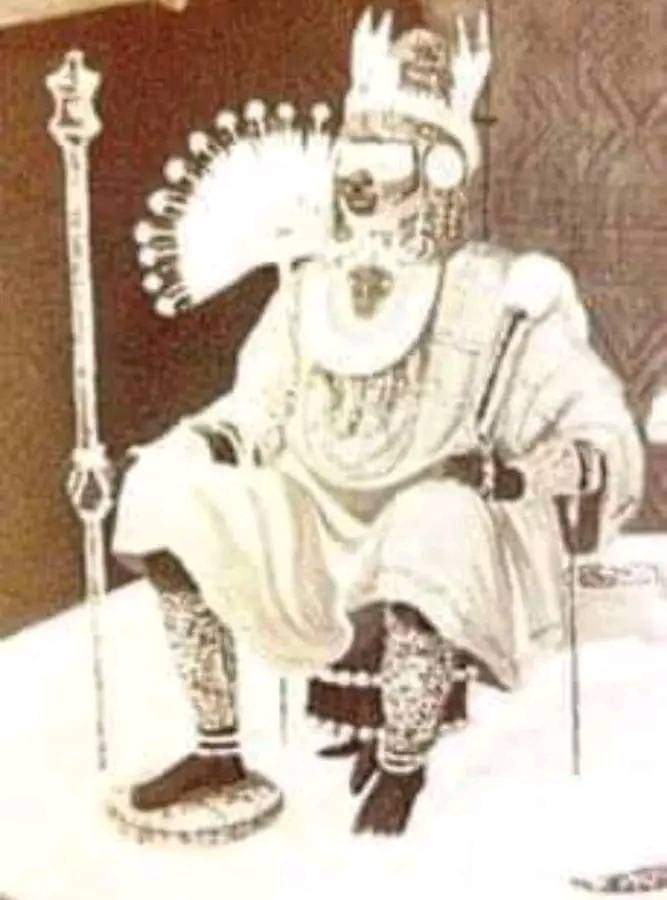Igbo Civilization: Unearthing the Legacy of Eze Nri Ifikuanim
Eze Nri Ifikuanim, the Priest-King of the ancient Nri kingdom of Igboland, was a highly intelligent and scholarly king who traded with other kingdoms, including Egypt, Ethiopia, India, and as far as Babylon, now Iraq, in the Middle East. According to Igbo oral tradition, his reign started in 1043 and ended in 1089 when he died.
In 1959, his grave was unearthed by British Archaeologist Charles Thurstan Shaw (1914–2013), who discovered a burial chamber with remains adorned in robes, a bronze crown, a sceptre, a staff, and breastplates adorned with precious stones that were evidence of a sophisticated Igbo civilization from the year 948 A.D.
The discovery of Eze Nri Ifikuanim’s grave shed light on the advanced social and political structures of the Nri kingdom, revealing a society with complex trade networks and rich cultural heritage.
The artifacts found in the burial chamber indicated that the Nri people had a high level of craftsmanship and access to valuable resources, suggesting extensive trade relations with distant lands.
This archaeological find also provided invaluable insights into the religious practices of the ancient Nri people. The presence of ritualistic items such as the sceptre and staff, along with the elaborate burial customs, highlighted the spiritual significance and reverence accorded to the Priest-King.
It underscored the belief systems and the pivotal role of the king in the spiritual and temporal governance of the kingdom.
Moreover, the unearthing of these artifacts contributed significantly to the understanding of pre-colonial African history, challenging previous misconceptions about the technological and cultural capabilities of African societies before European contact. It emphasized the rich and diverse heritage of the Igbo people and their significant contributions to the broader tapestry of human civilization.
